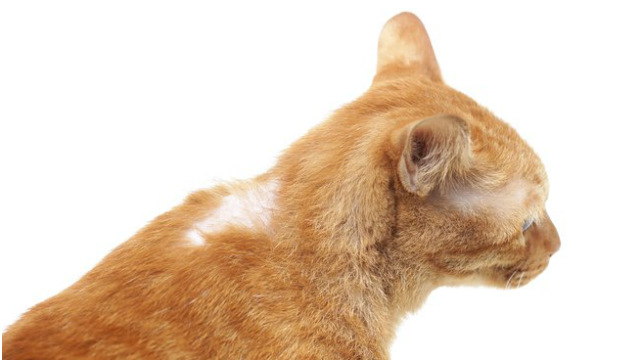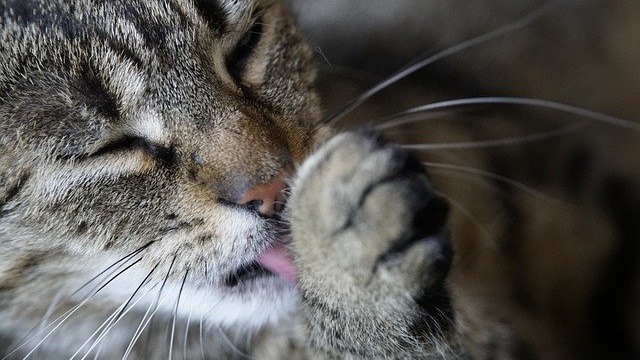Cats didn’t acquire the nickname of Little Balls of Fur out of nothing. The song from a popular TV series might have spread the nickname around, but the truth is we love the fluffy coats of our felines. And rubbing our faces in the smoothness of their bellies? Priceless! So, a cat losing hair can be quite a disturbing sight! ? We are used to their regular shedding but when patches begin to appear it can frighten us both visually and because we worry about their health.
Allergies
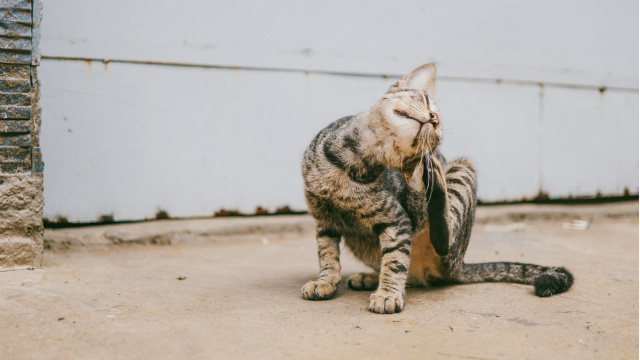
A cat losing hair can be simply a cat with allergies. ? This is one of the most common and less worrying causes of alopecia in felines.
Dogs can have allergies and so do cats, and similar factors affect both too. Cats can be allergic to pollen, dust, food and even to the saliva of fleas. A common symptom across all factors is itchiness, which can lead the feline to constantly scratch one area of their body to the point of leading to alopecia.
Treatment: take a visit to the vet to help you find out what is causing the allergy. If possible, isolate the cat from the allergen. If not, your cat might require medication for life to soothe the symptoms.
Parasites
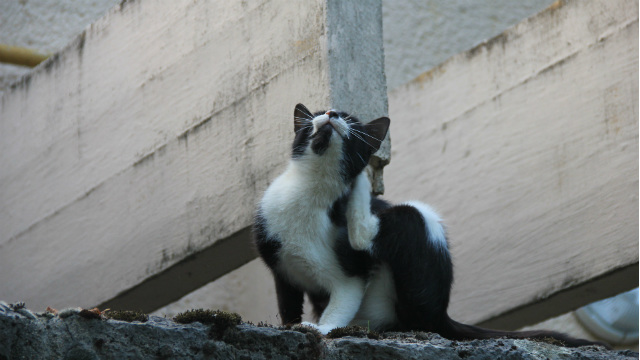
Parasites like mites, lice and ticks can also cause itchiness. Even when they don’t, feeling them on their bodies can lead cats to over-grooming If they focus too much and too often on one spot, it can trigger hair loss. ?
Treatment: parasite control treatments are usually enough to treat the condition. A veterinarian can recommend the most suitable one for your cat by taking into account the parasite and the feline’s health history.
Ringworm
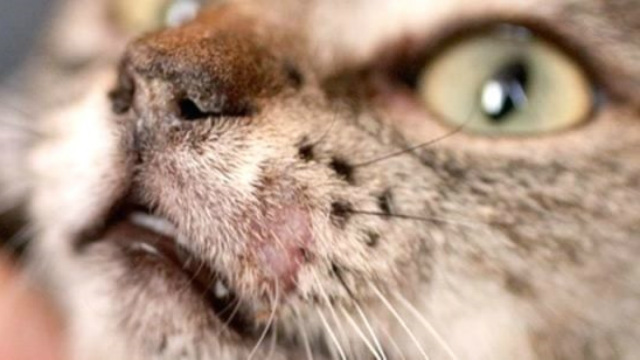
Despite its name, ringworm is actually caused by a fungus. It is highly contagious, which explains why it is also a common dog skin disease, and can spread quickly through the cat’s skin. Therefore, as soon as you spot it, you should swiftly visit a vet. ?⚕️
Treatment: for mild cases, the vet can prescribe a specific ointment or an oral medication. Severe cases may require a period of quarantine.
Endocrine diseases

A cat losing hair can also be a sign of hormonal imbalance. This is most commonly caused by hyperthyroidism, but Cushing’s disease and other endocrine diseases can also lead to abnormal hair shedding.
Treatment: you must visit a vet to have him diagnose the cause and prescribe the most suitable treatment. ?
Pain
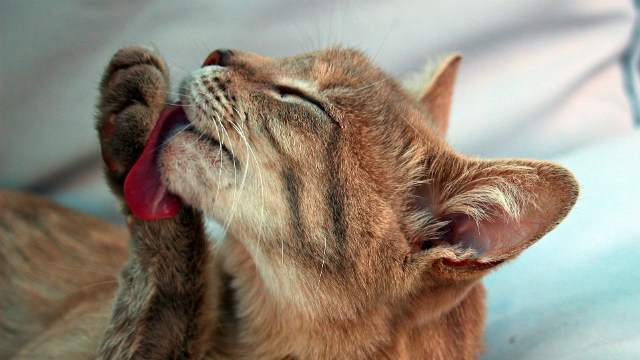
If the cat is experiencing pain in parts of the body close to the skin, it might prompt him to lick the area excessively in an attempt to soothe the discomfort.
The most frequent cause of this type of feline alopecia is arthritis. Licking the joints provides some relief for our little friends, but it also takes the hair away. ?
Treatment: pain killers can help subside the pain and remove the incentive for the cat to keep licking the same area. Talk to your vet to get advice on the best medication and possible side-effects.
Stress
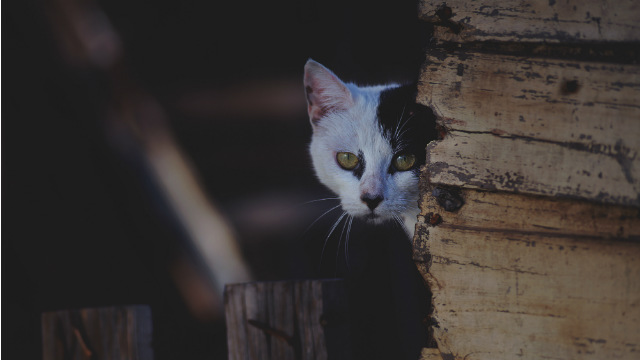
A cat losing hair and a human facing alopecia can have the same factor to blame: stress. However, whereas in humans hair loss is a direct symptom, in cats it’s normally triggered by over grooming.
Felines like to have control over every situation. If a traumatic event or a stress factor is added to their routine, they will try to regain the reins of the situation by controlling their body first.
Usually, this self-harming activity is targeted at their bellies and groins. If the behavior is not corrected, once the hair is removed, the constant licking may cause open wounds and risk infection. ?
Treatment: try to find and fix the stress-causing factor. Exercise your friend often to release the stress by playing funny cat games or play him some soothing music for cats. If none of these work, visit a vet to get prescribed medication. These are usually strong, but temporary, just enough to help your cat find its own tools to fight stress.
These are the most common reasons that justify a cat losing hair. There are others, like cancer, which can trigger hair loss but they are very few and rare. The point is, you shouldn’t worry too much.
Just keep an eye on your furry friend and take a visit to the vet if you spot any changes in their coat. More likely than not, the issue is simple to solve, and you’ll have their fluffiness back in no time for you to bury your nose in it. ?



